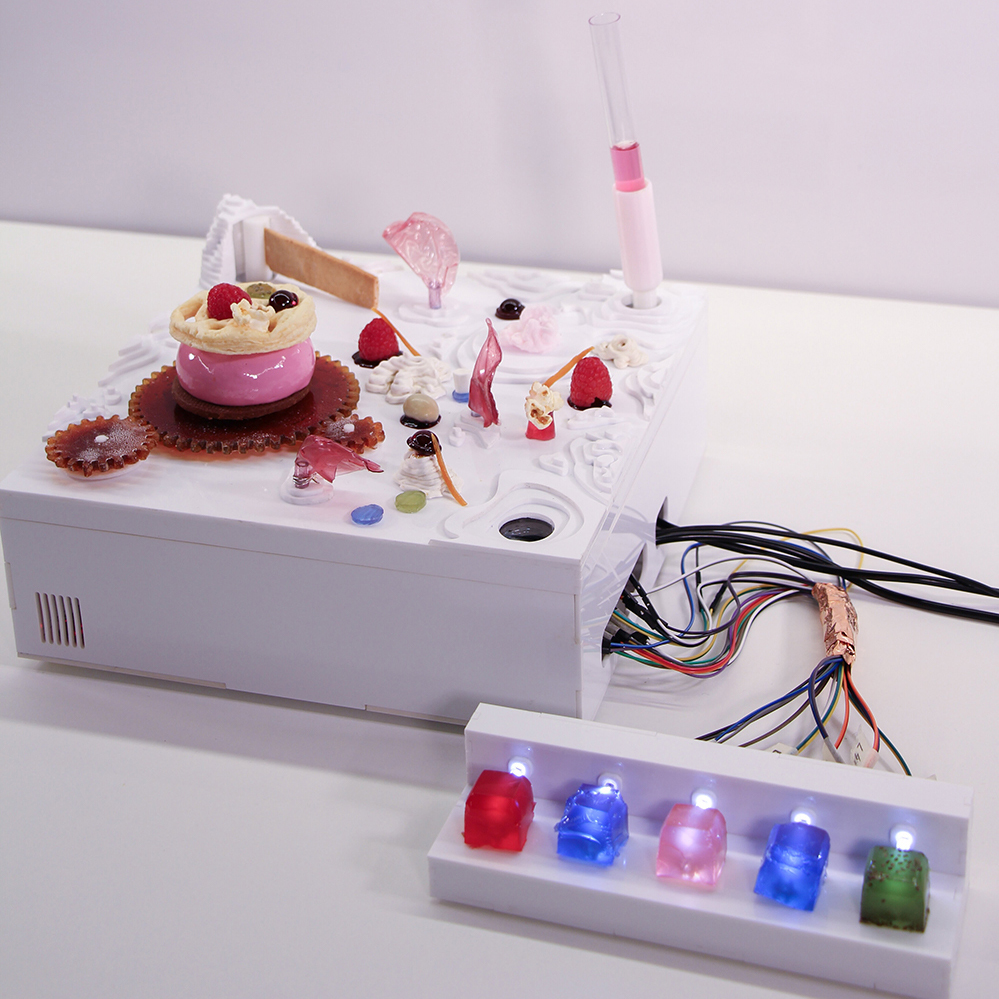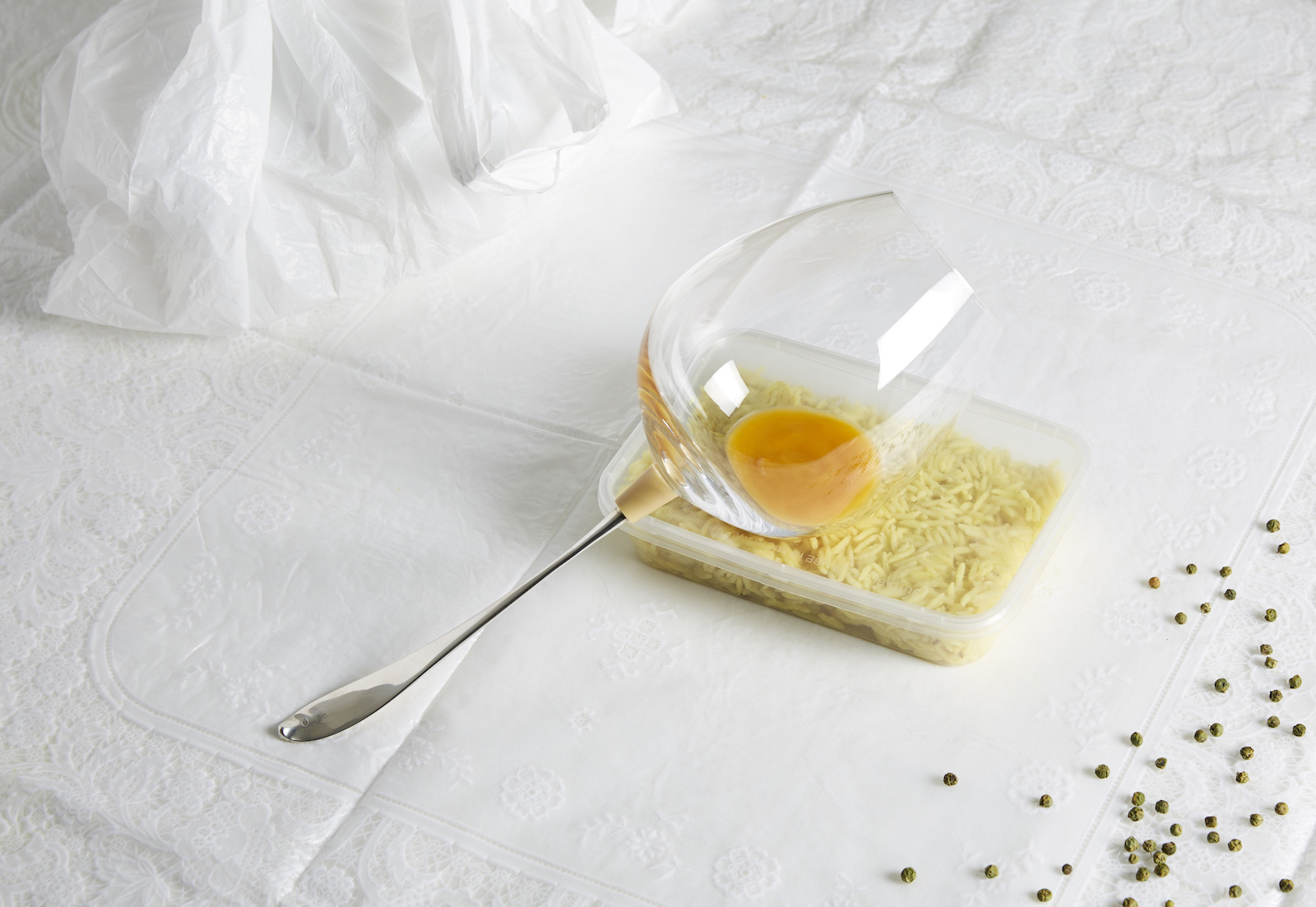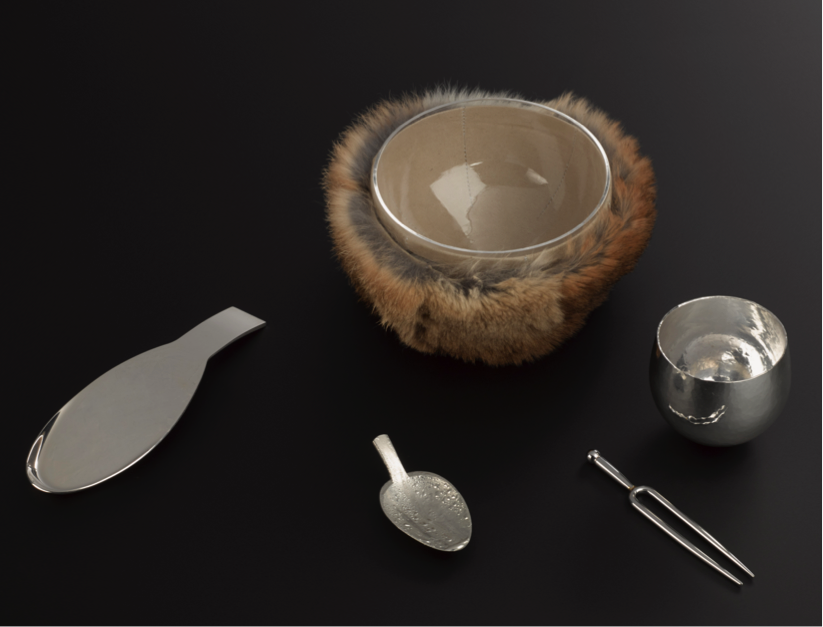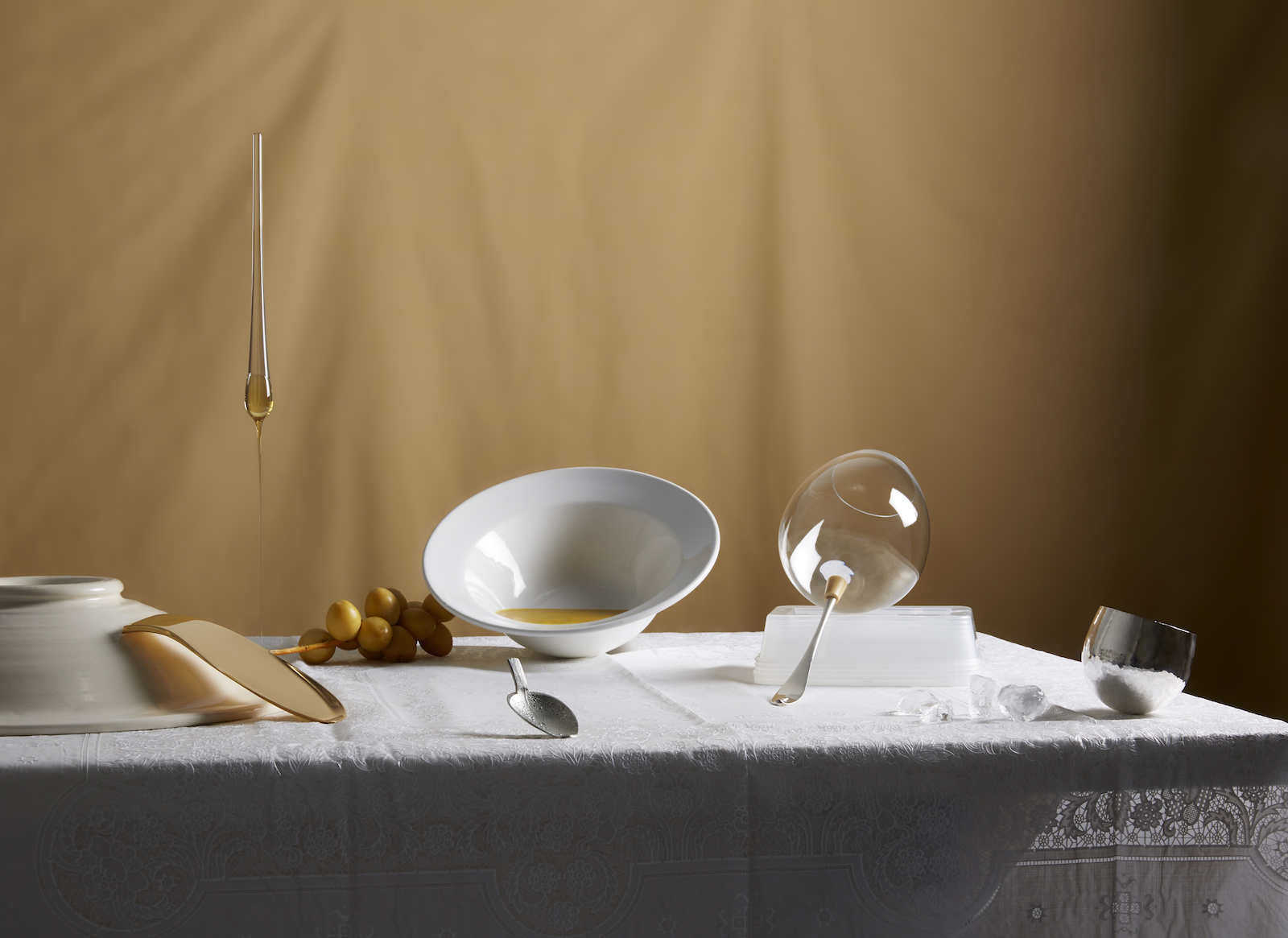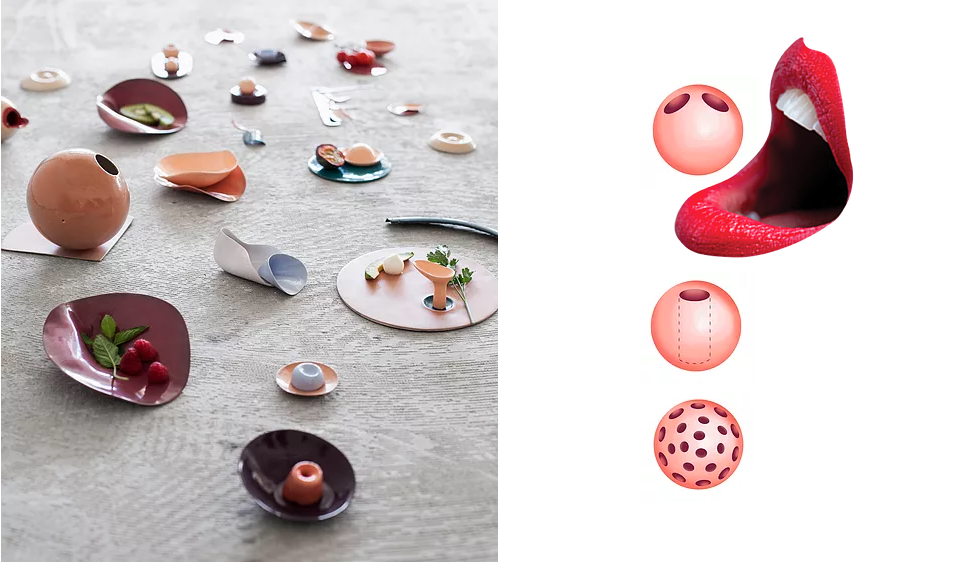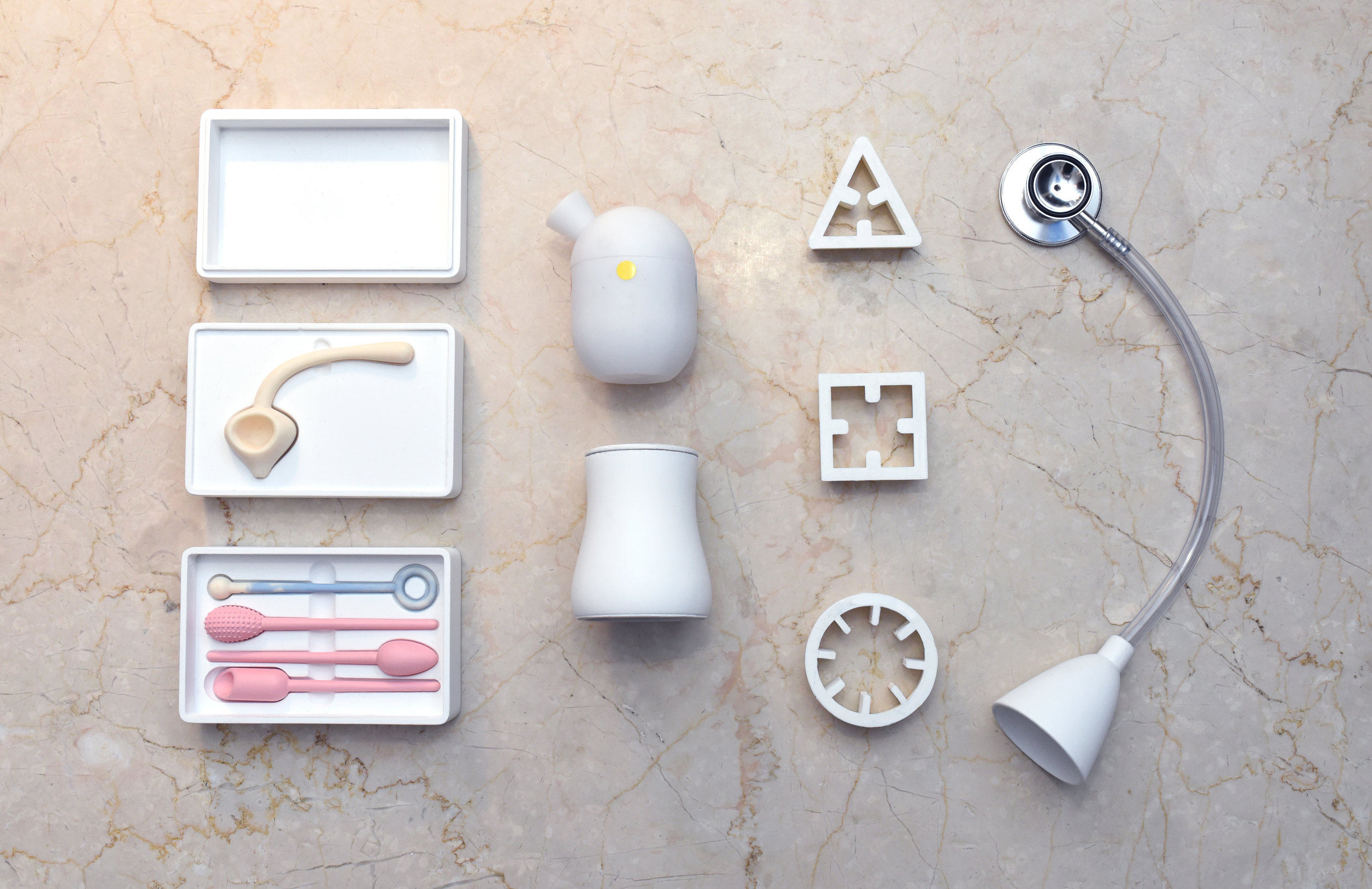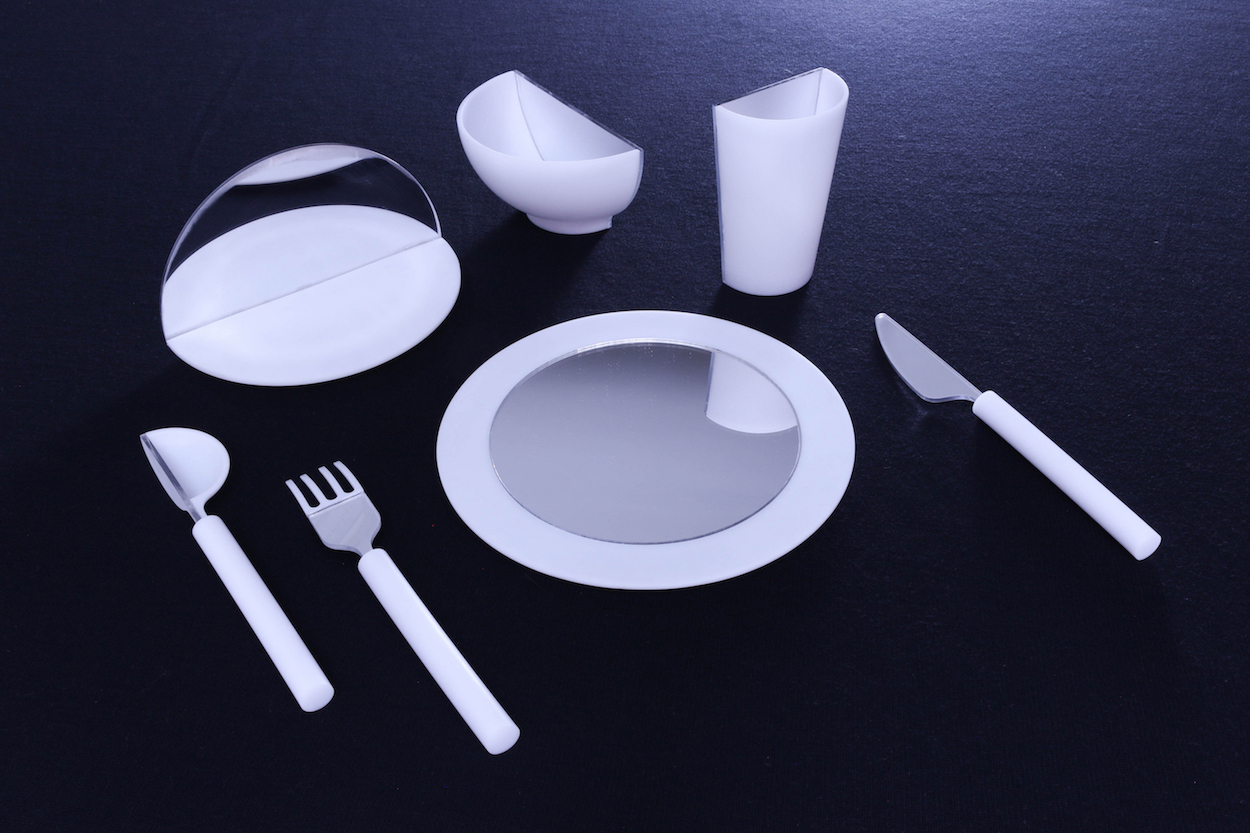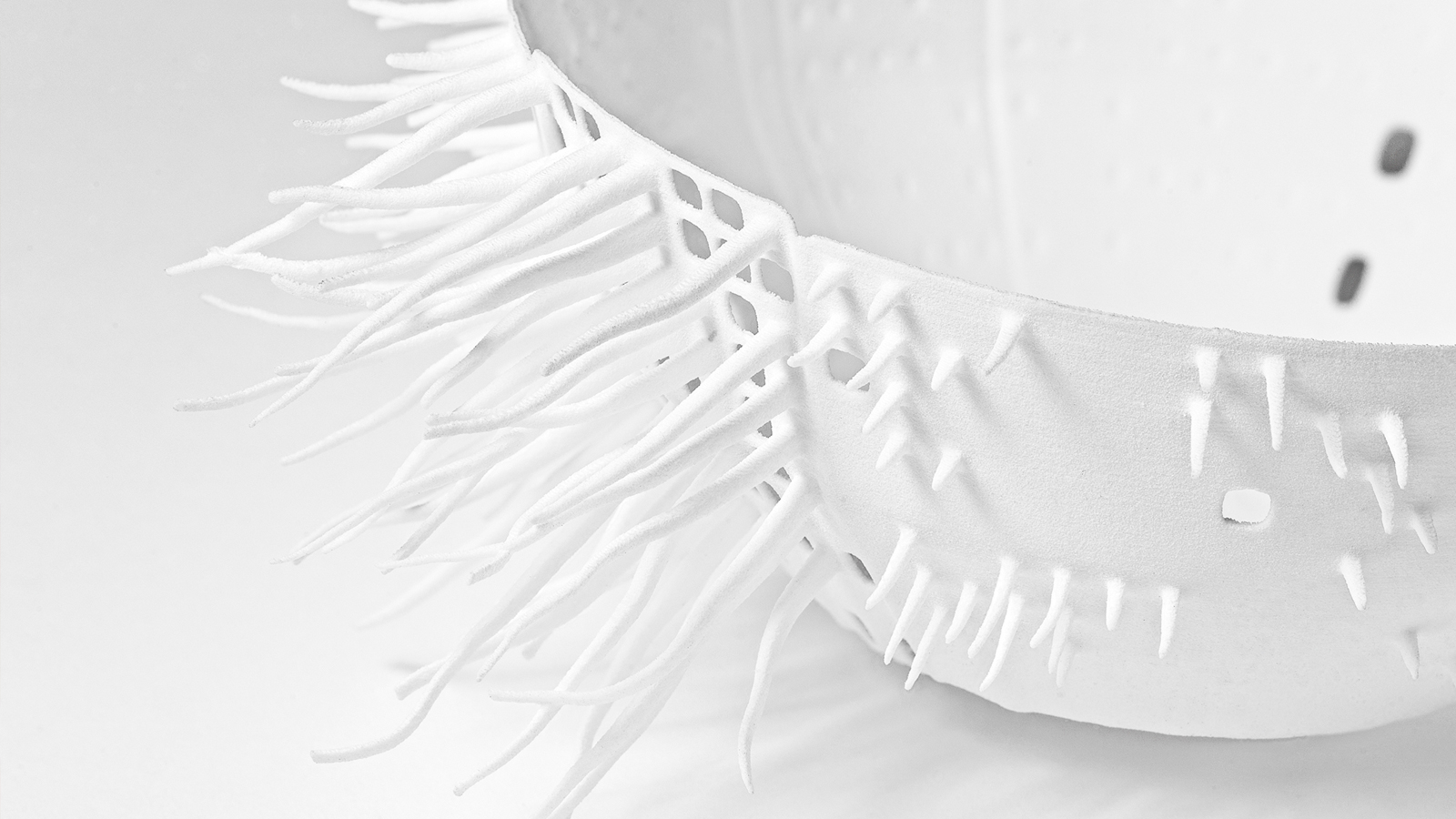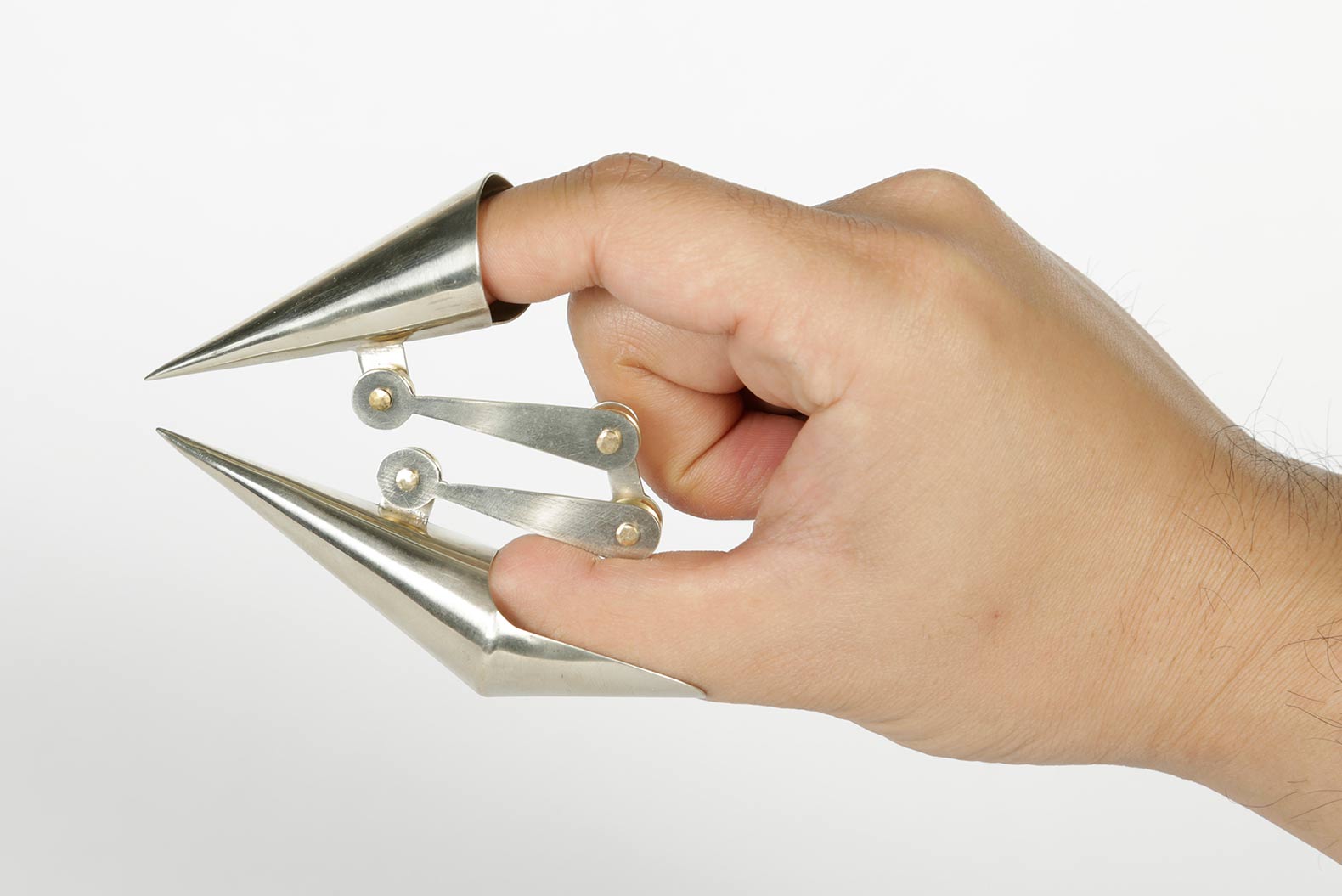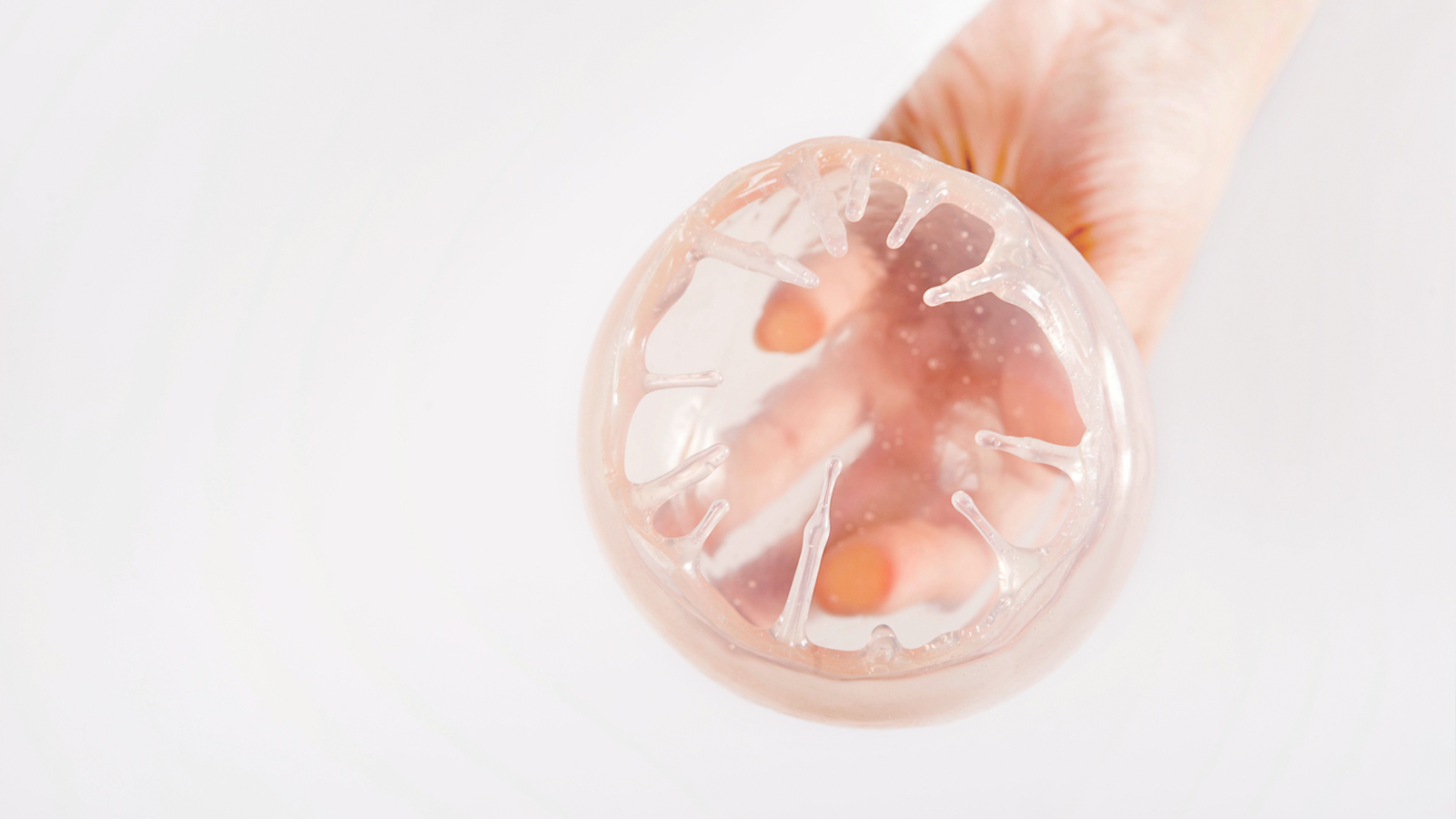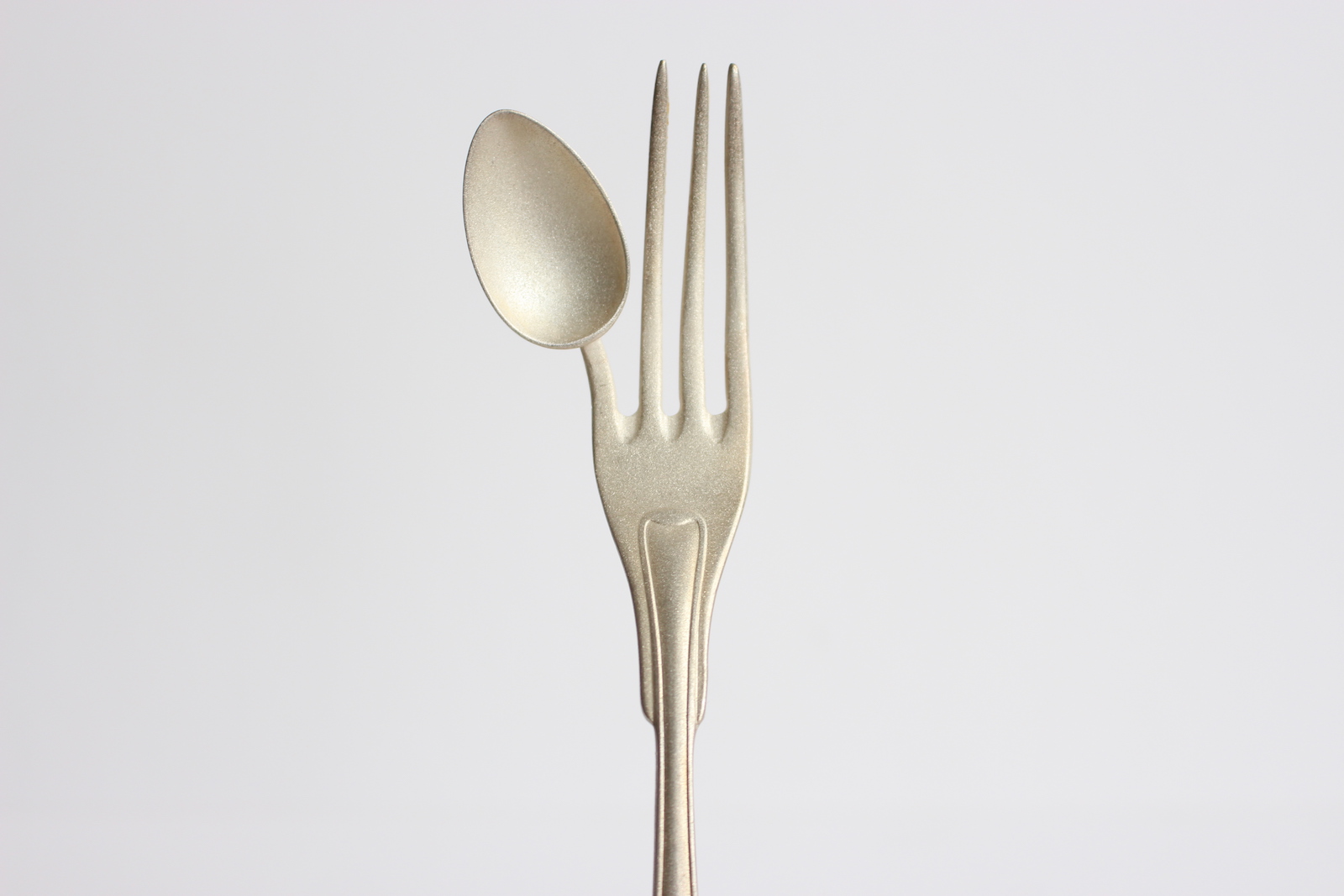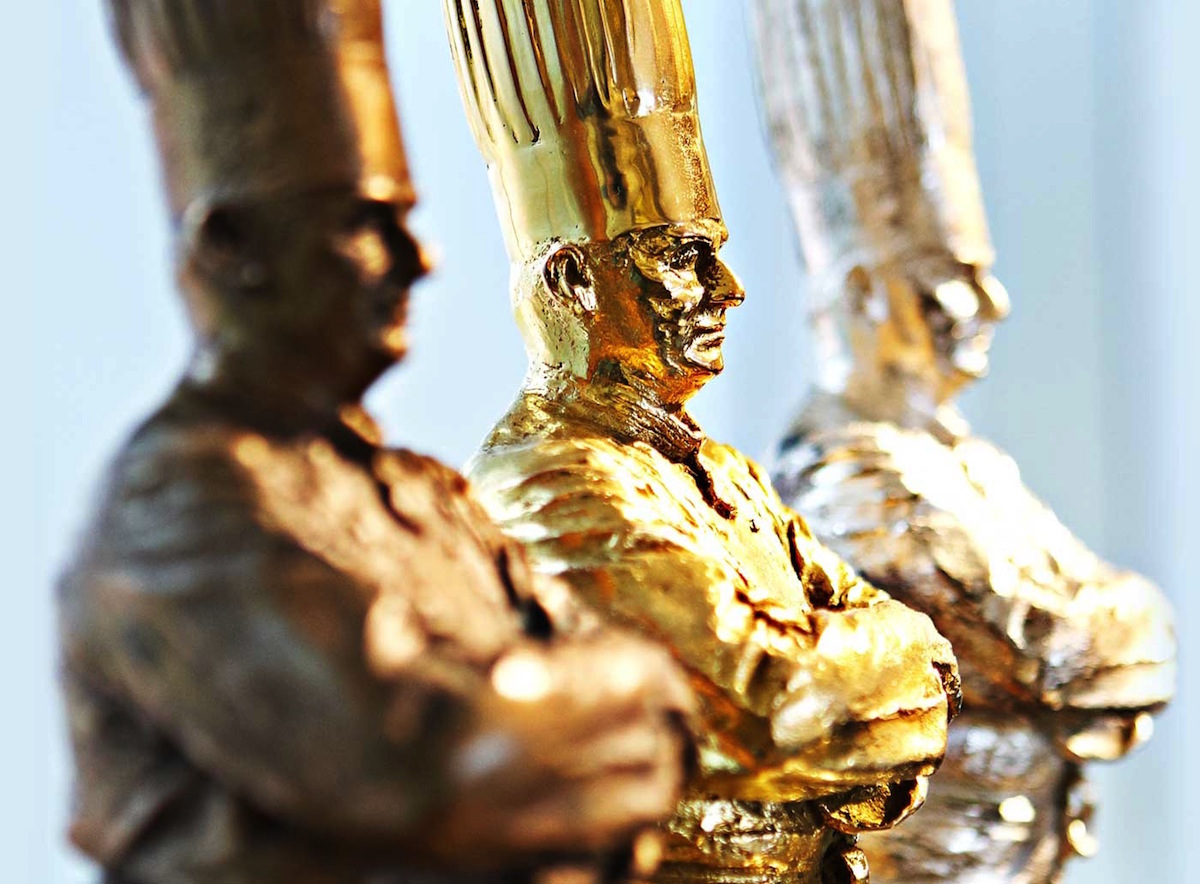Does food taste saltier when served on a fork? Can you change the perception of sweetness depending on the type of bowl a dessert is served in? Designers, restauranteurs and discerning diners can attest to the ways that the look and feel of tableware can influence our enjoyment of foods. Recently, a group of Oxford University researchers published a paper in Flavour Journal providing some scientific grounding for how we connect color, materials and tactility to our eating experiences. In an interview with NPR, lead researcher Charles Spence, a professor of experimental psychology at Oxford University shares, “Some of my wine-drinking colleagues would have me believe that flavor is really out there on the bottle, in the glass or on the plate, but I think it is much more something that we…understand better through looking at what’s happening inside the brain, and not just the mouth of the person eating or drinking.”
Some findings that the NPR interview highlight include:
- People will rate the very same yogurt 15 percent tastier and more expensive when sampled with a silver spoon rather than a plastic spoon or a lighter (by weight) option.
- Combining a heavier bowl with a heavier spoon will tend to make yogurt taste better.
- Plastic packaging or plate ware that’s more rounded will tend to emphasize sweetness.
- Angular plates tend to bring out the bitterness in food, which works well for dishes like dark chocolate or coffee-based desserts, Spence says.
- People will rate cheeses as tasting saltier when eaten off a knife, compared to a toothpick, spoon or fork.
- In general, foods tend to be perceived as more enjoyable when eaten off heavier plates and with heavier cutlery – perhaps because heft is equated with expense.
And as a final little tidbit from this great conversation with NPR, Spence is responsible for research that concluded that people enjoy eating seafood more when they can hear the sound of the ocean. This piece of research ended up being incorporated in a tasting menu at Heston Blumenthal’s The Fat Duck, a Michelin-starred restaurant in the United Kingdom. Diners were given an iPod recording of the sea to listen to while enjoying a dish of oysters, shellfish foam and a glass of seaweed extraction and mirin.
Listen to the whole interview on NPR here or read the white paper at Flavour Journal.

